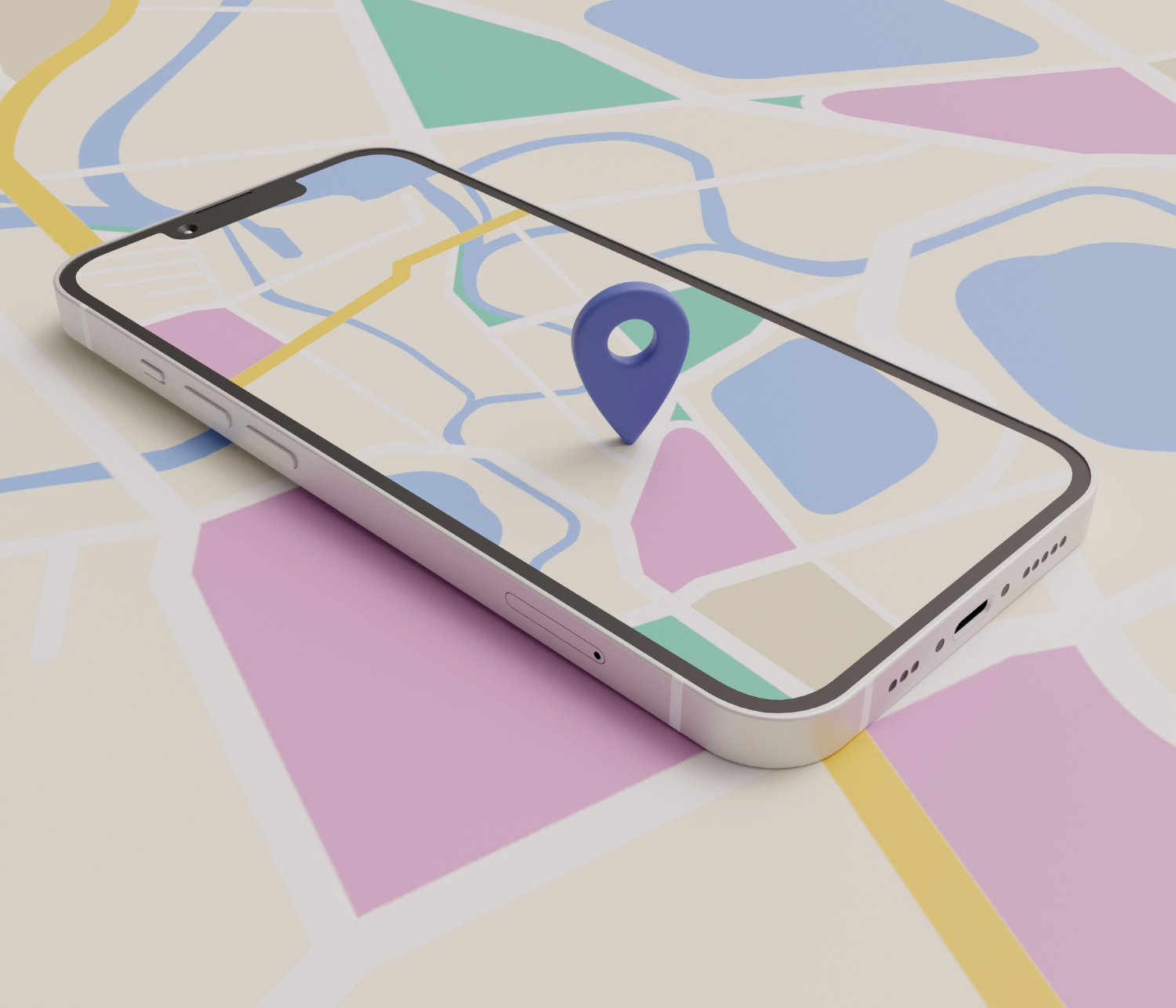
The advent of GPS technology has revolutionized the way we navigate and track our world. From its military origins to becoming an integral part of our daily lives, the history of GPS on phones is a fascinating journey of innovation and technological advancement. Today, GPS is not just about getting from point A to point B; it plays a crucial role in various tracking applications, enhancing safety, security, and efficiency in multiple domains.
The origins of GPS
The Global Positioning System (GPS) was initially developed by the United States Department of Defense in the 1970s for military purposes. The system was designed to provide accurate location and time information anywhere on Earth. It consists of a network of satellites that transmit signals to GPS receivers, allowing them to determine their precise location through trilateration.
In the early stages, GPS was a tool reserved for military and governmental use, but its potential for civilian applications was soon recognized. By the 1980s, the U.S. government allowed civilian access to the system, leading to the development of commercial GPS receivers.
GPS integration into phones
The first GPS-enabled mobile phone, the Benefon Esc!, was introduced in 1999. It marked the beginning of a new era in personal navigation and tracking. However, it wasn’t until the mid-2000s that GPS became a standard feature in smartphones, thanks to advancements in technology and reductions in cost.
With the launch of the Apple iPhone in 2007, which included GPS functionality, the integration of GPS into phones gained significant momentum. Android phones quickly followed suit, and GPS became a ubiquitous feature in smartphones worldwide. This integration opened up a myriad of possibilities for location-based services and tracking applications.
Importance of GPS in tracking
- Navigation and mapping: GPS technology has transformed navigation and mapping. Services like Google Maps and Apple Maps provide turn-by-turn directions, real-time traffic updates, and location search capabilities. This has made traveling more convenient and efficient, reducing the risk of getting lost.
- Personal safety and security: GPS tracking plays a critical role in personal safety and security. Features like “Find My iPhone” and “Find My Device” help users locate their lost or stolen phones. Emergency services use GPS to quickly locate individuals in distress, improving response times and potentially saving lives.
- Fleet management: In the logistics and transportation industry, GPS tracking is essential for fleet management. Companies can monitor the location, speed, and status of their vehicles in real-time, optimizing routes, improving fuel efficiency, and ensuring timely deliveries. This enhances operational efficiency and reduces costs.
- Child and elderly tracking: GPS-enabled devices and apps provide parents and caregivers peace of mind by allowing them to track the whereabouts of their children and elderly family members. This ensures their safety and helps prevent them from wandering off or getting lost.
- Fitness and health: Fitness enthusiasts benefit from GPS tracking through apps and devices that monitor their activities, such as running, cycling, and hiking. These tools provide detailed data on distance, pace, and route, helping users track their progress and achieve their fitness goals.
- Wildlife and environmental conservation: GPS technology is used in wildlife tracking and environmental conservation efforts. Researchers use GPS collars to monitor the movements and behaviors of animals, aiding in the study and protection of endangered species. Environmental agencies use GPS to track deforestation, monitor climate changes, and manage natural resources.
- Geofencing: Geofencing is a technology that uses GPS to create virtual boundaries around specific geographic areas. Businesses use geofencing for targeted marketing, sending promotions to customers within a certain area. It’s also used in security systems to trigger alerts when a device enters or leaves a designated zone.
Future prospects
The future of GPS technology holds even greater promise. With the advent of 5G and advancements in satellite technology, GPS accuracy and reliability are expected to improve significantly. This will enhance existing applications and pave the way for new innovations, such as autonomous vehicles and advanced augmented reality experiences.
Conclusion
The history of GPS on phones is a testament to the incredible impact of technological advancements on our daily lives. From its military origins to becoming an indispensable tool in our smartphones, GPS technology has transformed the way we navigate, track, and interact with the world. Its importance in tracking spans across various domains, enhancing safety, security, and efficiency. As technology continues to evolve, the potential for GPS applications will only expand, making our lives even more connected and informed.

